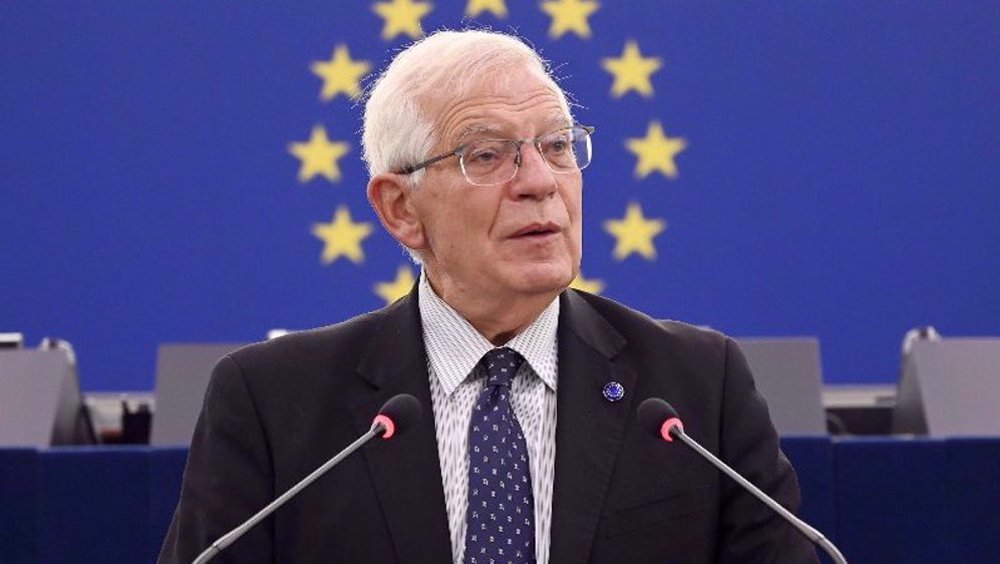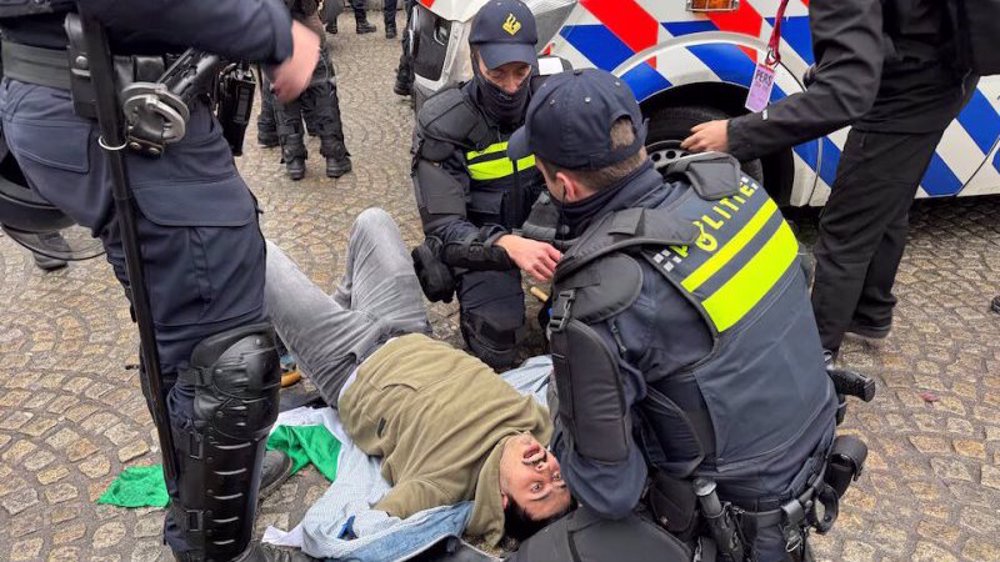Spain, Catalonia tussle over control of Mossos police
Spain's central government and regional Catalan authorities tussled Saturday over who controls the regional police force that is considered key to the success of a planned Oct. 1 independence vote for the northeastern region.
The Catalan government has already vowed to push ahead with the referendum, which the Spanish government considers illegal — and on Saturday said it was refusing to hand over control of the Mossos d'Esquadra police force to Spain's Interior Ministry.
The ministry had announced earlier in the day it would begin coordinating all police efforts in Catalonia to crack down on preparations for the vote, including sending direct orders to the "Mossos" — as the northeastern region's largest police force are often called.
The control of the Catalan police has become a sensitive topic as the political confrontation between the pro-independence regional government and central authorities has poured onto the streets of Barcelona and elsewhere in Catalonia.
There have been intermittent pro-referendum protests, at times by thousands of people, since a judge ordered raids in Catalan government offices and arrested a dozen officials on Wednesday. All the arrested this week had been released by Friday, although six of them remain under investigation for allegedly helping in the logistics for the vote.

The "Mossos" have been criticized by unions and members of the national police bodies for not cracking down hard enough on the referendum.
"We denounce the attempt by the state to intervene in the police forces of Catalonia," Joaquim Forn, the head of Catalonia's interior department and the civilian head of the Catalan police, said Saturday, reading a statement on regional television. "This is unacceptable."
Forn said the top cop in the Mossos d'Esquadra had expressed his opposition to the measure during a meeting Saturday with the top state prosecutor in Catalonia and chiefs of Spain's two national police forces, the National Police and the Civil Guard.
"We will continue working like we've done until now," a statement posted on the "Mossos" official Twitter account. "We will exercise our powers to guarantee security and public order and be at the service of citizens."

An Interior Ministry official, requesting anonymity because he was not allowed to be named in media reports, said Saturday's measure did "not mean taking command" of the Catalan police, but that it was "simply to agree on a means of coordination."
Spain's post-dictatorship Constitution only allows the central government to call a referendum on secession and establishes that all Spaniards must have a say in a vote on the country's sovereignty.
Prime Minister Mariano Rajoy said his government is confident that there will be no referendum in Catalonia because "no democracy can accept the wiping out of the Constitution and the national sovereignty."
Rajoy is trying to crush the referendum without a heavy-handed approach that could exacerbate the separatist sentiment. But this week's crackdown has already sent thousands to the streets in Catalonia, while Rajoy has been targeted by his political opponents for not acting earlier with an offer of dialogue.
On Saturday, several hundred students remained inside a Barcelona university after spending the night there protesting the Spanish government's efforts to block the vote.
"We are showing that, as students, we have a part to play," student spokesman Jordi Vives told Catalan public television.
Polls show that support for secession in Catalonia, a prosperous region in northeastern Spain, rose to more than half of its 7.5 million residents at the height of the financial crisis that began in 2008. That support has been waning in recent months as Spain's national and regional economies have begun thriving.
(Source: AP)
How US abuses its UN veto power to enable Israel’s genocidal war on Gaza
Iran refutes US, UK accusations over Ukraine war, West Asia conflicts
Pakistani town erupts in protest after terrorists kill scores of Shia Muslims
US senator threatens ICC with military action over Netanyahu sentence
Iran: ICC indictment of Netanyahu should have included 'genocide'
VIDEO | IAEA anti-Iran resolution
Iran urges pope to help end Israeli onslaught in Gaza
VIDEO | ICC's warrant against Netanyahu















 This makes it easy to access the Press TV website
This makes it easy to access the Press TV website